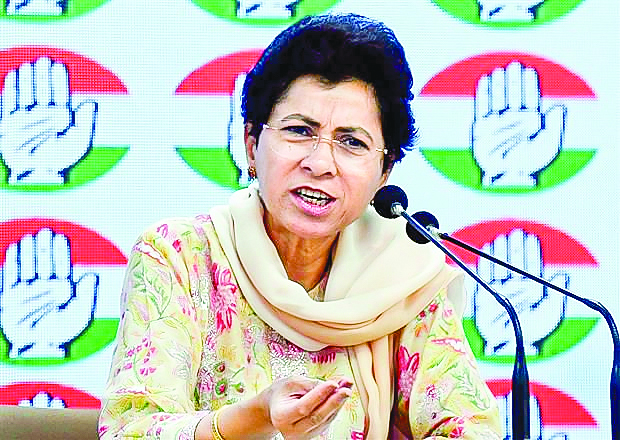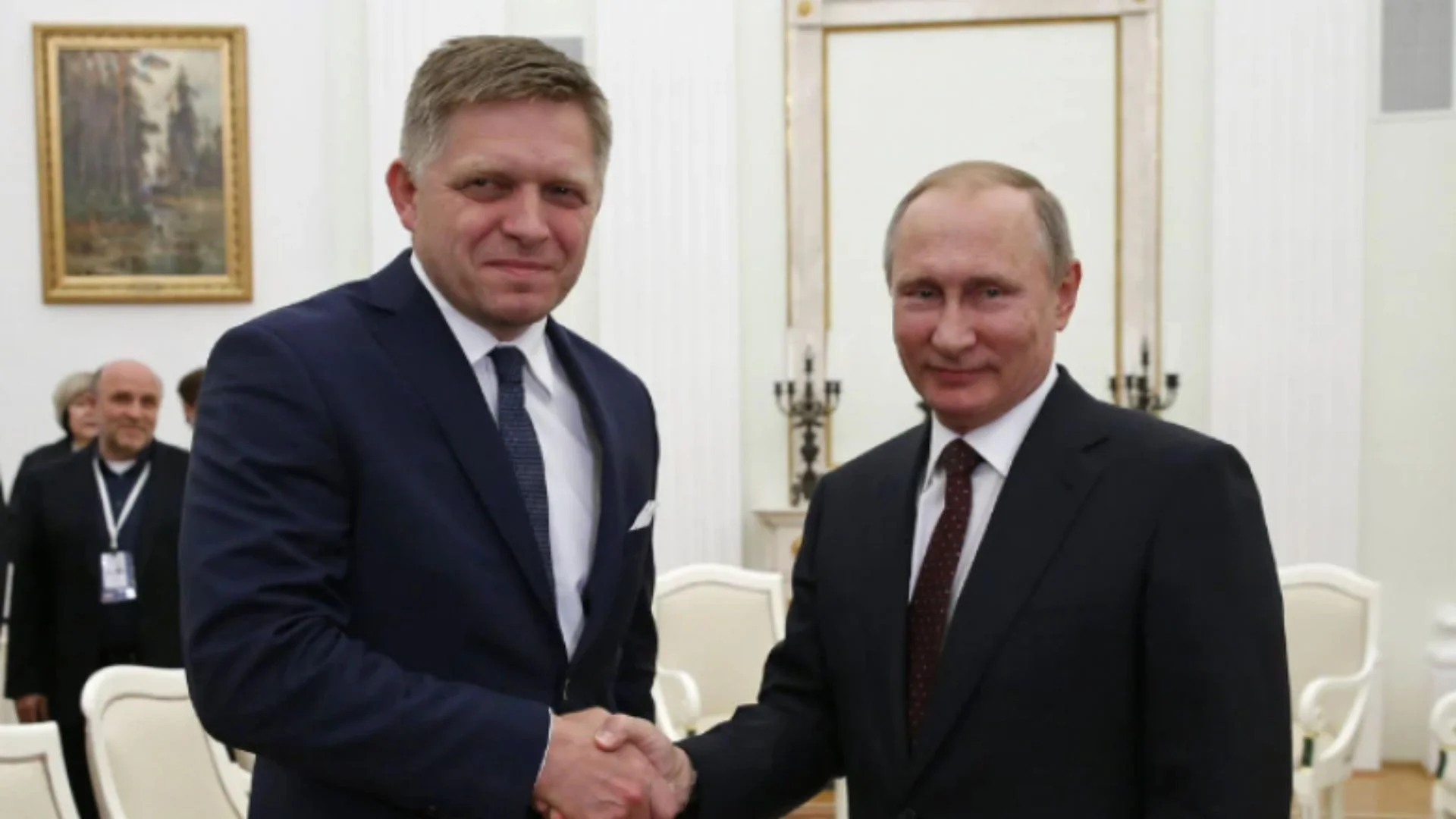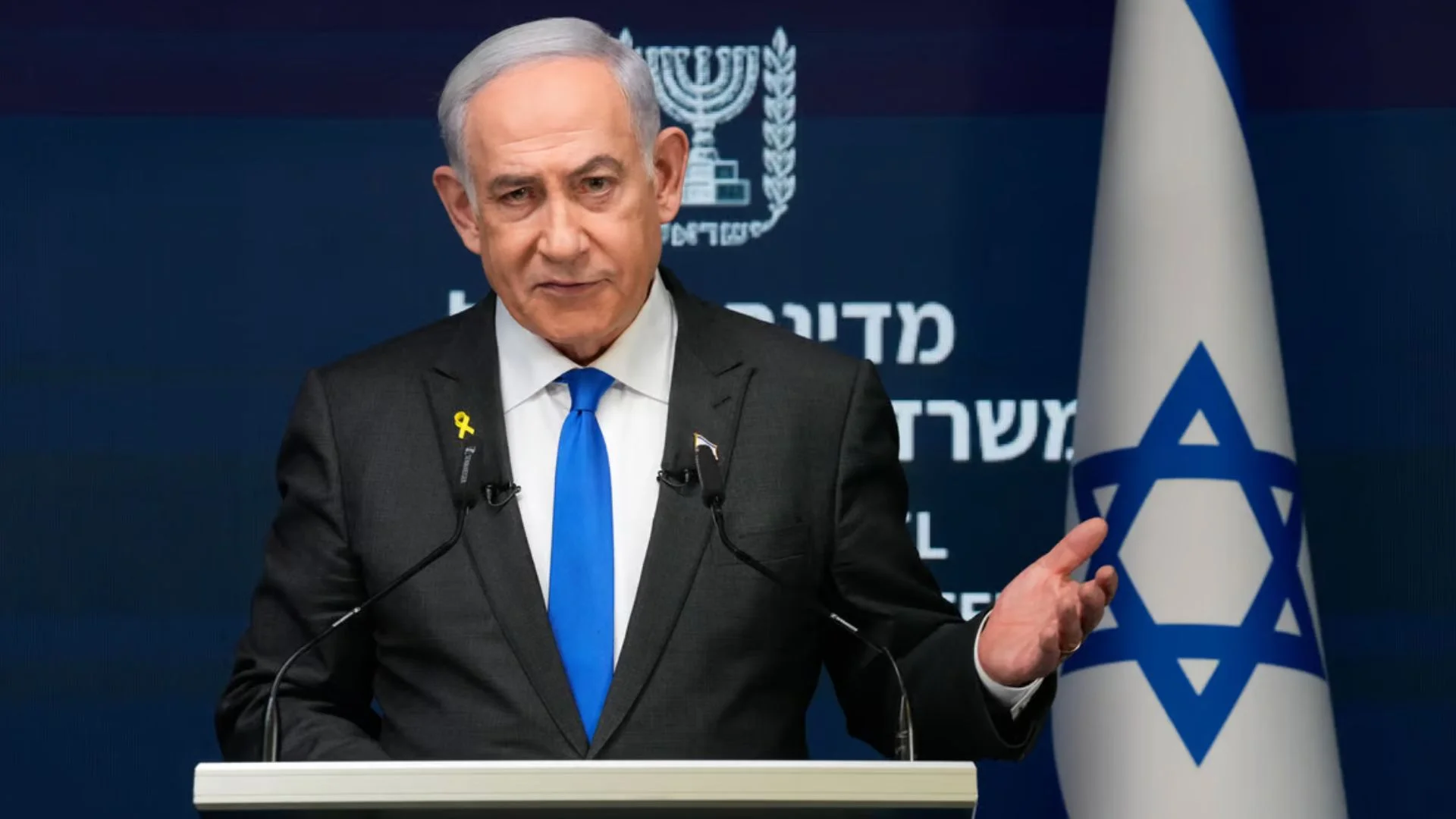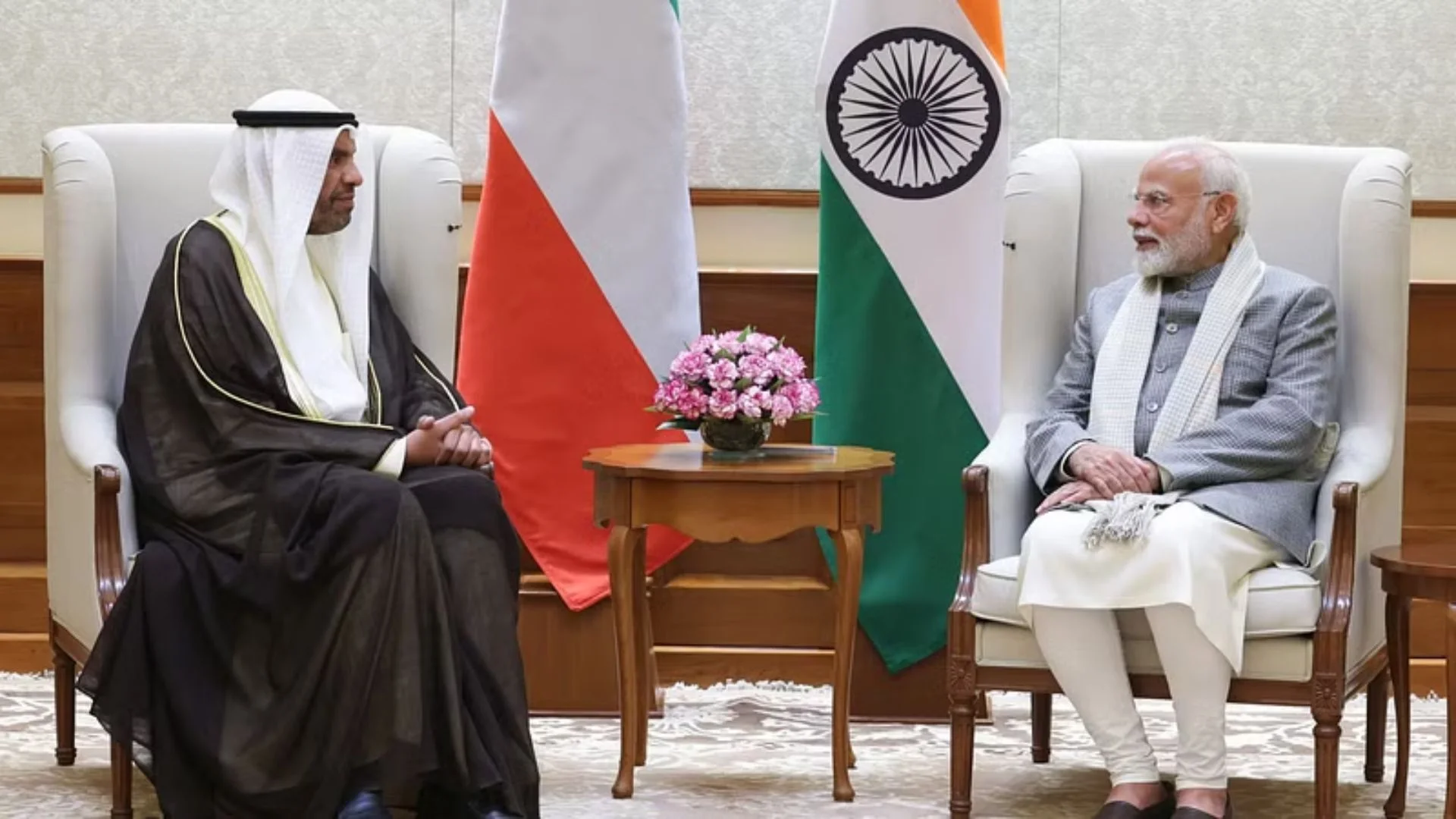The Congress high command is preparing to take stern action in response to internal disputes, favouritism in ticket allocation, and the poor performance of senior leaders in the recent Haryana Assembly elections. Internal reports indicate that the party leadership is dissatisfied with several leaders who prioritised personal ambitions over the party’s collective interests, contributing to Congress’s unexpected defeat despite strong anti-incumbency sentiments against the ruling BJP.
During a post-election review meeting, former party president Rahul Gandhi reportedly expressed his dismay over the infighting, remarking that the leaders “fought amongst themselves” and neglected the party’s goals. According to sources, the Congress leadership is now contemplating significant changes, including action against several Haryana leaders.
A senior Congress leader, speaking on the condition of anonymity, noted, “Some party leaders were too focused on positioning themselves for the Chief Minister’s post and failed to concentrate on the election. This was one of the major reasons for our poor performance, despite the public’s growing discontent with the BJP’s two-term rule; they should have noted that they could become chief minister only after the party gets 46 MLAs.”
The Congress high command is reportedly considering making sweeping changes at higher levels from Haryana Pradesh Congress Committee (HPCC), President to ground level. An internal review committee has been tasked with examining the factors behind Congress’s defeat, focusing on key regions where the party performed poorly.
Notably, Congress lost all four seats in Gurugram, six out of seven seats in Faridabad, all three in Rewari, all five in Karnal, and major losses in other districts like Panipat, Bhiwani, Jind, Mahendergarh, and Sonipat. Many of these areas were previously considered strongholds of senior Congress leader Bhupinder Singh Hooda.
In addition to identifying regional shortcomings, the review pointed out that the party’s failure to appoint office bearers at district and block levels hindered its electoral machinery. Unlike the BJP, which has a well-structured hierarchy from booth-level workers (Panna Pramukhs) to state-level leadership, the Congress lacked a cohesive ground team.
Out of 28 sitting Congress MLAs, 15 were defeated in the elections, a significant blow to the party. Senior leaders, including HPCC President Udai Bhan, lost their seats, while others, such as Virender Rathor, Ram Niwas Ghorela were given tickets despite a history of electoral defeats from the same constituency. National Secretary Chiranjeev Rao also faced defeat from Rewari, further diminishing the party’s hopes.
Multiple candidates with accusations of corruption were given tickets, which, according to sources, played into the BJP’s hands. Additionally, the selection of candidates driven by personal loyalty rather than electoral strength backfired, with Congress losing more than 15 seats due to internal rebellions.
The growing dominance of the Bhupinder Singh Hooda faction within the party, at the expense of side-lining leaders like Kumari Selja, a prominent Dalit face, was identified as another reason for Congress’s electoral struggles as this given air to the Jat and non-Jat factor on the ground. Many party members, including Kumari Selja, Capt. Ajay Yadav, Shamsher Gogi, and Parvinder Pari, have openly criticized the leadership for running a “one-man show” and excluding other leaders from the campaign.
At the review meeting, Rahul Gandhi reportedly expressed his frustration over the constant complaints about Electronic Voting Machines (EVMs) being used as a scapegoat. Instead, he pointed out that local leaders focused more on self-interest than on ensuring the party’s victory. As the Congress managed to secure 37 out of 90 seats, falling short of the BJP’s 48-seat victory, Gandhi’s walkout has underscored the growing tension within the party ranks.







